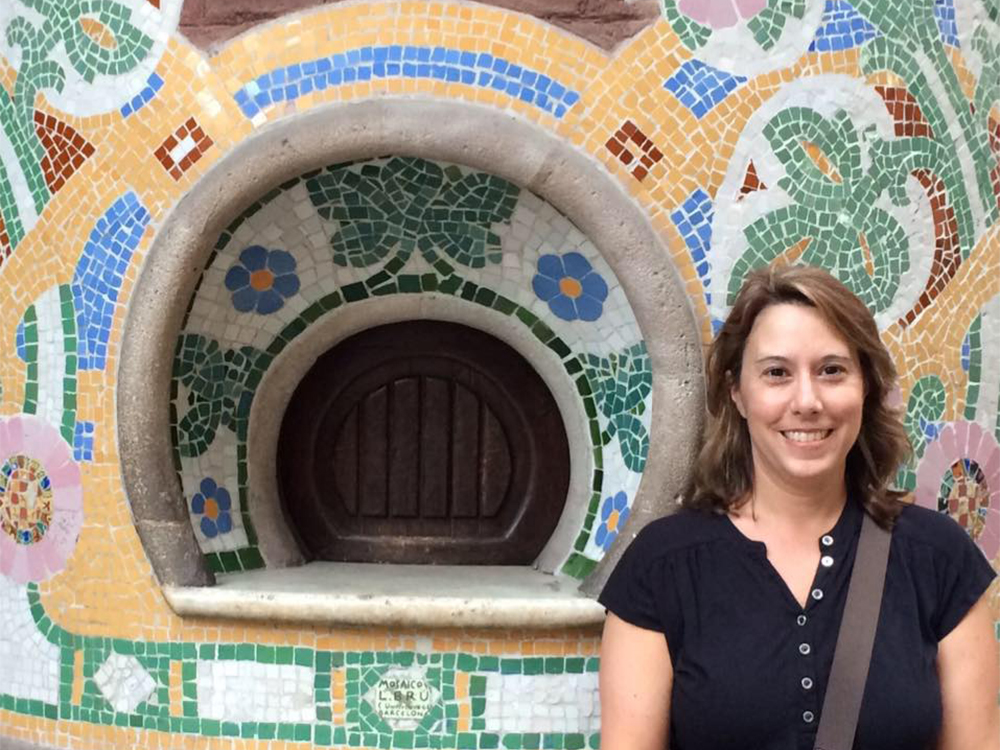 With Austin College’s Spring Break 2020 just days away, many students look forward to relaxing, enjoying mom’s cooking, or maybe spending some time on a warm beach. Approximately 30 Austin College students are making other plans; they will participate in an Alternative Spring Break volunteer service trip to Little Rock, Arkansas.
With Austin College’s Spring Break 2020 just days away, many students look forward to relaxing, enjoying mom’s cooking, or maybe spending some time on a warm beach. Approximately 30 Austin College students are making other plans; they will participate in an Alternative Spring Break volunteer service trip to Little Rock, Arkansas.
Alternative Spring Break is an annual project offered by the Austin College Service Station, a student-led organization that matches community needs with available student volunteers. Austin College students volunteer thousands of hours each year in the Grayson County area. Alternative Spring Break lets them travel a bit farther afield.
Staying at the Ferncliff Disaster Assistance Center’s Camp and Conference Center in Little Rock, students will serve in a variety of ways each day during the weeklong trip. From preparing disaster relief kits at Presbyterian Disaster Assistance Center to working in the Arkansas Food Bank, students will collaborate to meet needs throughout the community. Projects are also scheduled for the Jackson House Soup Kitchen and the St. Joseph Center, as well as plans to offer some help with needed repairs and upkeep at Ferncliff.
Service Station board member Ti’Anna Smith ‘22 participated in last year’s Alternative Spring Break in Corpus Christi. The team worked through the Presbyterian Disaster Assistance Volunteer Village to help restore communities still damaged by Hurricane Harvey “I thought it was very impactful to see our project from start to finish and to lend a helping hand to the community,” It’ Anna said.
Ti’Anna will also attend this year’s Alternative Spring Break. “Although there wasn’t a natural disaster in Little Rock, it will be good to help a community with different tasks like working at the food bank and homeless shelter. I look forward to having an impact in the community in a place I haven’t been to before.”
Many students planning to go on this year’s trip have taken part in previous Alternative Spring Breaks. Students say they like doing something useful with their week and enjoy the opportunity to get to know other students better through the trip.
Isbah Plumber ‘22, Service Station board member, shared, “I love doing service. This is a good way to spend my spring break and with people who also enjoy doing service.”
She remembers last year’s Corpus Christi service trip “fixing up the church in Corpus Christi and hearing the churchgoers say how big of a help it was,” she said. “The difference we made was inspiring. I am looking forward to this year’s trip because we will have a variety of service projects to get involved in.”
Alternative Spring Break not only gives students an opportunity to serve, but faculty as well. Dr. Ryan Felix, assistant professor of chemistry has taken part in Alternative Spring Break since 2014.“Alternative Spring Break is a unique opportunity for me as a faculty member and one I am very thankful I have been asked to (and able to) participate in,” he said.
“The trip is an opportunity for me to meet lots of new students from all across campus, something that doesn’t happen so often when teaching primarily first- and second-year chemistry courses,” Felix said. “The work itself is very rewarding, and I love getting to know so many people that I might not have had the chance to otherwise. It is one of my favorite aspects of being part of the Austin College community.”
Service Station coordinator Andrea Restrepo also will be on the trip, as will staff member Karen Glenn, chemistry lab coordinator. President Steven O’Day and his wife, Cece, have participated in some service trips but are not available for this one.
Austin College, a private national liberal arts college located north of Dallas in Sherman, Texas, has earned a reputation for excellence in academic preparation, international study, pre-professional foundations, leadership development, committed faculty, and hands-on, adventurous learning opportunities. One of 40 schools profiled in Loren Pope’s influential book Colleges That Change Lives, Austin College boasts a welcoming community that embraces diversity and individuality, with more than 50 percent of students identifying as persons of color. The residential student body of approximately 1,300 students and more than 100 expert faculty members allow a 13:1 student-faculty ratio and personalized attention. Related by covenant to the Presbyterian Church (USA), Austin College cultivates an inclusive atmosphere that supports students’ faith journeys regardless of religious tradition. The College, founded in 1849, is the oldest institution of higher education in Texas operating under original name and charter.



